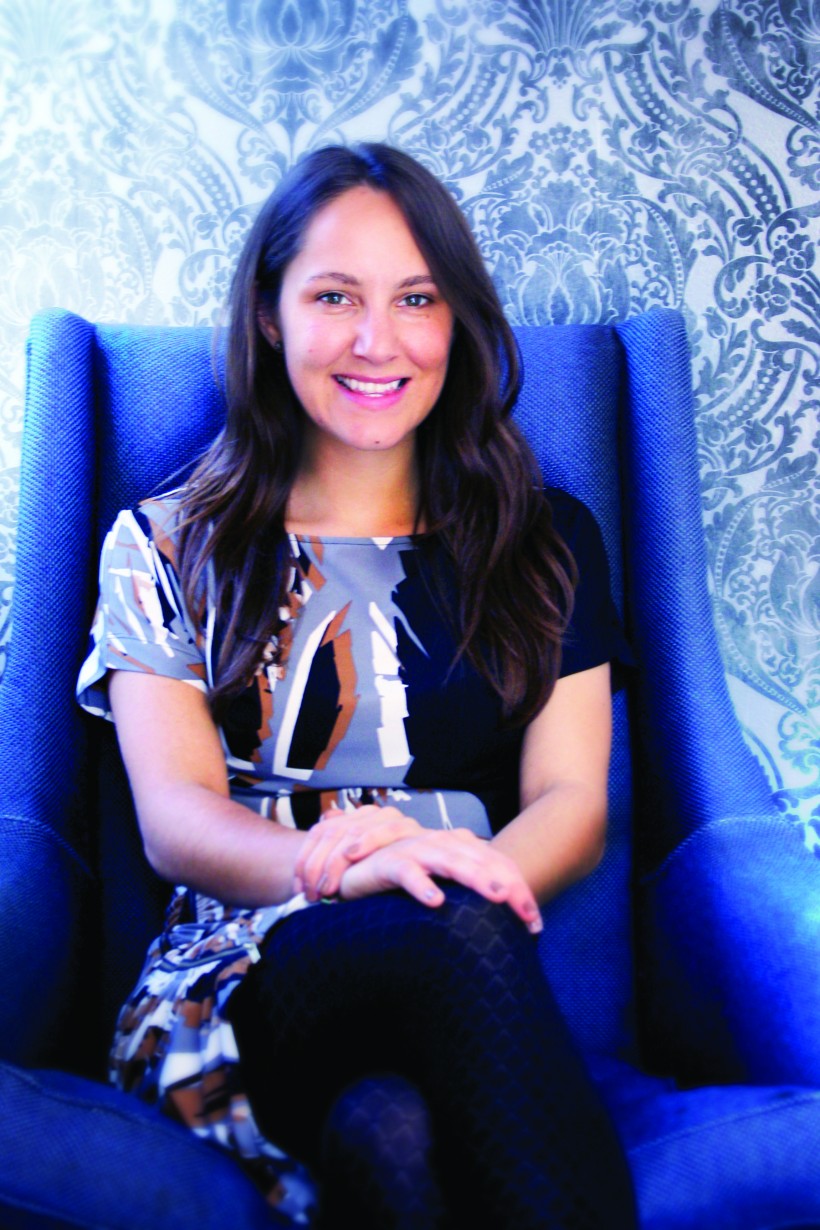Leah Skerry was shocked to learn that one of her friends struggled through high school without being able to read.
Her friend’s experience helped motivate Skerry to develop EyeRead, an affordable eye-tracking software able to assess and aid children’s reading.
The device is still being developed, and Skerry, a partner at Halifax web development and invention firm Norex, and her co-workers are seeking investment in San Francisco for their idea.
Unlike other eye-tracking devices, EyeRead will not need to be fixed to the wearer’s head. Instead, it will use an infrared camera to track kids’ eyes as they read digital material. The technology will be applicable to languages other than English and able to be used on any type of device.
The development of the product is moving fast since work began in January.
“We’ve been invited to pitch for investment in San Francisco in October, and we’ve been asked to demo the prototype in Tokyo,” Skerry said.
“I’m feeling the kind of excitement you feel on a roller-coaster.”
Clinical trials on the device will start in November at the University of Moncton.
“The technology will allow a more comprehensive gathering of data into individual children’s reading differences than has been possible before,” Skerry said.
Testing is expected to take a year, and it’s possible the device will be in use in public schools shortly after that.
EyeRead is just the latest project for Skerry, her colleague Julia Rivard, who is Norex CEO and a former Olympian, and their team, which totals 15.
Formed in 2010, Norex’s initial focus was on web design, but Skerry said employees increasingly create their own products because the company prioritizes innovation.
“At Norex, all employees spend 20 per cent of their time on innovation, which means that one day a week everyone gets to work on new product ideas.
“Our goal is to have a product development side of the company. Our team get most excited about developing new ideas that allow them to push boundaries.”
Skerry, 28, graduated in business from Saint Mary’s University, with a minor in design from NSCAD University.
EyeRead is the kind of project she most enjoys as it allows her to merge her love of technology with her passion for social entrepreneurship.
Successful products she has already worked on include Pursu.it, a non-profit crowdfunding site for amateur athletes.
Pursu.it is now a separate organization, or “standing on its own legs,” as Skerry puts it, and is being run by volunteers in many countries around the world. Pursu.it has a new partnership with the Canadian Olympic Foundation and will launch in the United States in October and in Germany in 2015. The crowdfunding engine created for Pursu.it has been spun into a separate business called Swell.
EyeRead will also be its own entity and is being incorporated as a stand-alone startup, which Skerry will run as CEO.
The company has also incubated Hashpi.pe, which allows a unified display of hashtags across a range of social media channels.
“I enjoy the combination of working with international clients on boosting their web presence and developing new products,” said Skerry, who helps promote business by serving on the board of the North End Business Association.
She is also a 21Inc Emerging Leaders of N.S. alumna and a member of the Global Shapers Community run by the World Economic Forum.
Skerry stressed that Norex’s success is partly due to the support the company has received along the way.
“Our partnership with Dalhousie has been great for us,” she said. Dalhousie students helped with the initial development of EyeRead.
She also praised Nova Scotia Business Inc., the Industrial Research Assistance Program and the Atlantic Canada Opportunities Agency.
“Their investment has allowed us to develop our ideas.”
Disclaimer: Entrevestor receives financial support from government agencies that support startup companies in Atlantic Canada. The sponsoring agencies play no role in determining which companies and individuals are featured in this column, nor do they review columns before they are published.










